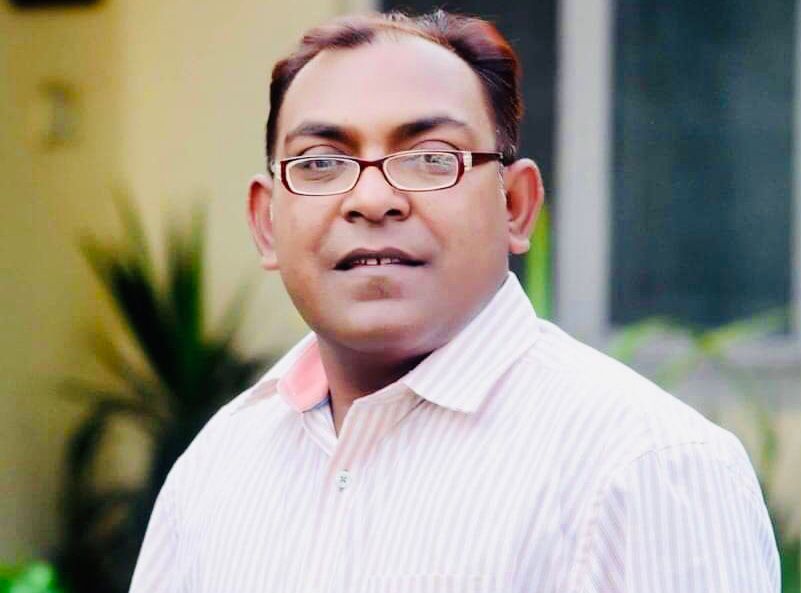
International Women’s Day is celebrated on 8th March every year—a day dedicated to the social, economic, cultural, and political achievements of the womenfolk. The history of women’s day dates back to the early 20th century when the world was witnessing unprecedented industrial and business growth, which paved way for women to work in factories, mills and offices.
The first women’s day was celebrated in 1909 in New York. It organized by the Socialist Party of America. The day was observed as a way to recognize women’s struggle for better working conditions, suffrage rights, and economic opportunities. The following year, in 1910, the second International Conference of Working Women was held in Copenhagen, Denmark, where Clara Zetkin, a German activist, proposed the idea of an annual women’s day.
The proposal was accepted, and the first International Women’s Day was celebrated in 1911 in Austria, Denmark, Germany, and Switzerland. More than a million women and men participated in rallies and demonstrations to demand women’s right to vote, work, and hold public office.
Over the years, women’s day has been celebrated worldwide with various themes and slogans, highlighting women’s achievements and promoting gender equality. In 1975, the United Nations officially recognized 8th March as International Women’s Day, and it is now celebrated in many countries as a public holiday or a day of observance.
A women rights activist, Shireen Aslam, says that presently women’s day serves to be a platform for women to raise awareness about their struggles, demand their rights, and celebrate their achievements. It is a reminder of the ongoing fight for gender equality and the need for continued progress in advancing women’s rights worldwide.
Rachel Mary, another human rights activist severing a non-governmental organization Voice for Justice, says that women hailing from the religious minorities often face discrimination and marginalization in various aspects of their lives. Religious minorities, particularly Hindus and Christians, are particularly vulnerable to discrimination and violence in Pakistan. Women from these communities, she says, often face additional challenges, such as forced conversion to Islam, forced marriages, and sexual harassment.
Additionally, women from ethnic minority groups, such as Baloch, Pashtun, and Sindhi, face unique challenges due to their cultural practices and historical marginalization. They may face discrimination in education, employment, and other areas of life. Women in Pakistan also face high level of violence, including domestic violence, honour killings, and sexual assault. Minority women are particularly vulnerable to these forms of violence, as they may have less access to legal and support services due to their marginalized status.
Despite some progress in the recent years, such as the introduction of laws to protect women’s rights and increased political representation of women, much work remains to be done to ensure that minority women in Pakistan have equal rights and opportunities.
Zahida Sadiq, a human rights lawyer, is of the opinion that there are several laws in Pakistan that have been criticized for discriminating against women. For instance, Hudood Ordinances. These laws were introduced in 1979 and are part of the Pakistani penal code. They cover crimes such as theft, adultery, and alcohol consumption, among others. However, the laws are often criticized for being biased against women. For example, the laws require four male witnesses to prove a rape, which makes it difficult for women to get justice.
Child Marriage Restraint Act, sets the minimum age for marriage at 18 years for men and 16 years for women. However, the law is often ignored, and child marriages are still prevalent in some parts of the country. Under the inheritance law, women’s right to inherit from their fathers and husbands is ensured. However, the law is often ignored, and women are denied their rightful share of inheritance.
Lubna Mansoor, Regional Director at the Ministry of Human Rights, believes that Pakistan plays an important role in protecting and promoting the rights of women in the perspective of fundamental rights provided in the Constitution. The human rights ministry, she adds, is focused on developing policies and legislation to protect and promote women’s rights. “The ministry works to develop laws and policies that address the specific needs and concerns of women, such as laws to protect women from violence, harassment, and discrimination.”
she says that the ministry conducts public awareness campaigns to educate the general public about women’s rights regarding the laws that protect them. This includes working with civil society organizations, media, and other stakeholders to disseminate information about women’s rights, she adds.
Collaborating with international organizations, the ministry works closely with international organizations to promote and protect women’s rights, including the United Nations and other international human rights bodies, she goes on to add.
“Overall, the Ministry of Human Rights plays a critical role in protecting and promoting the rights of women in the country. However, much work remains to be done to ensure that women are able to enjoy their rights fully and equally in all aspects of their lives,” she concludes.

Leave a Reply